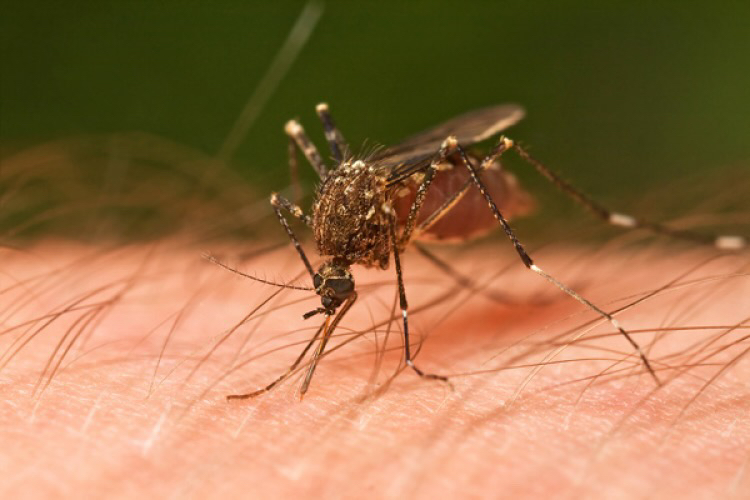The Republic of Moldova was declared malaria-free, but imported cases are recorded each year. In 2022, there were logged seven cases of malaria and two of them were fatal. The data were presented in connection with World Malaria Day that is celebrated on April 25. Public health specialists warn that malaria, which is preventable and curable, continues to have a devastating impact on health, IPN reports.
World Malaria Day 2023 is marked under the theme “Time to deliver zero malaria: invest, innovate, implement”. The theme highlights the need for urgent action and further investment to ensure investments made to date deliver maximum impact in the fight to end malaria and reduce the incidence of malaria by at least 90% until 2030.
Malaria is a life-threatening disease spread to humans by some types of mosquitoes. It is mostly found in tropical countries. Symptoms can be mild or life-threatening. Mild symptoms are fever, chills and headache. Severe symptoms include fatigue, confusion, seizures, and difficulty breathing. Infants, children under 5 years, pregnant women, travellers and people with HIV or AIDS are at higher risk of severe infection. Malaria can be prevented by avoiding mosquito bites and with medicines. Treatments can stop mild cases from getting worse.
In 2021, there were an estimated 247 million cases of malaria worldwide, as against 245 million in 2020.
- Moldova is in the process of coupling to the European electricity market
- Moldova will pay 54 million lei – dues to international organizations
- Public and commercial buildings will limit indoor lighting by at least 30%. CSE decision
- From January 1, electricity produced during the day will be traded only on the domestic market
- Fish consumption on the rise. MAIA: Choose local product at Christmas and all year round


